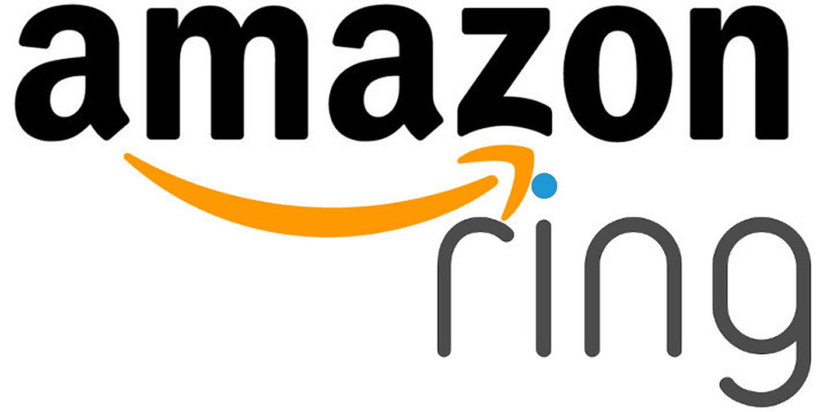In 2020, the world witnessed an increase in police brutality and racism deeply rooted in the American justice system. It also helped Amazon’s Ring to grow its popularity among many U.S states’ investigative departments who were reluctant to use its services initially.
According to the recent report published in The Financial Times, in the previous year alone, approximately 1190 more U.S police and fire departments have joined Ring. Because of this sudden interest, a total of 2014 investigative departments are using the network’s services now. The tally was merely 703 at the end of the previous year, 2019.
At the moment, there are only two states, Wyoming and Montana, where none of the investigative department has turned to this service. It may be because both states are considerably deserted that there will not be much need for these monitoring services anyway.
Ring and the services it provides for U.S Judicature
Ring LLC is a smart home and home security company. It is a subsidiary company of Amazon. It builds security products for residential properties that include smart doorbells, outdoor motion-detecting cameras, and home alarm systems, to name a few.
In 2018, the U.S law enforcement agencies started a collaboration with Amazon’s Ring network. Because of this collaboration, investigative agencies can ask users for the footage of any specific time from their Ring’s cameras to insist on their case.
According to the FT reports, law enforcement departments have made a total number of 22,335 requests for such footages in the previous year only. Ring’s statistics reveal that 1900 times government agencies have asked for their users’ data via subpoenas, court orders, and search warrants.
Interestingly, Amazon’s ratio of compliance fell substantially to such legal demands last year. At the beginning of the year 2020, the company’s statistics pointed out that 68% of the requests were accepted. On the contrary, the number has significantly fallen to 57% at the end of the same year.
Controversies surrounding the U.S Govt. Agencies using Amazon’s Ring services
Ring’s Neighbors app, which lets its users share their data(video footage) with others nearby, has attracted negativity because of the racist comments and reports. Moreover, the video footage it has provided to the police, so far, is not always conclusive that could aid in arrests or fighting overall crimes.
Nevertheless, an Amazon representative spoke on the matter in the past and provided clear evidence to help fight crimes. On two such occasions, Ring footage has enabled authorities to catch the culprits of heinous crimes such as kidnapping and alleged police brutality.
There is no such law that prohibits the national investigative departments from working with private surveillance networks such as Ring.
Bearing that in mind, several privacy enthusiasts have expressed their concerns with how Ring’s presents data to law enforcement agencies. If one is comfortable in sharing their footages, it does not mean they are in the clear. Such recordings run the risk of innocent citizens’ videos getting captured without their consent.
